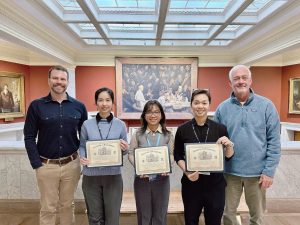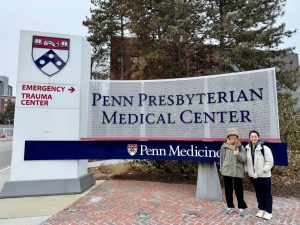Upon completing the residency program, graduates have several career options:
- Clinical Practice: Residents can independently practice in both outpatient and inpatient settings related to their specialty, providing comprehensive care to patients.
- Fellowship Training: Graduates may pursue fellowship training to become specialists in other countries with similar accreditation systems, such as those accredited by the Accreditation Council for Graduate Medical Education International (ACGME-I).
- Chief Resident: This full-time position involves overseeing resident allocation to optimize patient care provision. Chief residents supervise residents’ educational experiences, including participation in rounds, multidisciplinary meetings, and teaching sessions. They receive training to transition into faculty roles and can pave their path to becoming full-time medical educators at VinUniversity after fulfilling their commitment to the Vinmec International Healthcare system.
- Hospital Medicine Doctor: Residents have the option to work as hospital medicine doctors in wards, aiming to cultivate internists who excel in caring for hospitalized patients and emerge as leaders of change within the healthcare system.
- Research Track: Graduating resident doctors have the opportunity to pursue a career as junior researchers, equipped with advanced research skills acquired during their residency training.
VinUniversity’s GME program is committed to developing physicians who possess superior medical knowledge, clinical skills, and a dedication to patient care. The curriculum is co-designed and validated by the University of Pennsylvania, ensuring adherence to international standards.



